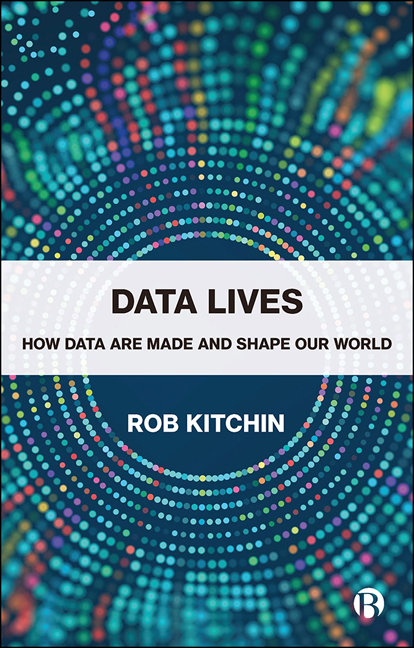12 - The Secret Science of Formulas
Published online by Cambridge University Press: 05 January 2022
Summary
Karen clicked ‘Apply’ and the map redrew on the screen. The country was coloured in a patchwork of red and grey.
This pattern was at least the 20th iteration of the map.
Seated next to her, her boss rolled his neck and stretched his arms. ‘Well, that’s fixed the problem in the south-east,’ Professor Butler observed.
They’d been hunched in front of a computer screen for the past two hours. The Minister stood behind them, mostly hovering, occasionally pacing. To their right, the Minister’s special advisor scribbled into a spiral-bound notebook.
An anxious official from the Department leant against the wall by the window. He would have much preferred to have kept this exercise in-house than use outside experts.
Karen was torn between shoving the monitor off the desk and telling the Minister exactly what she thought of his ‘scientific method’ for allocating capital funding, and desperately wanting her home area to receive some of the investment. Her head was firmly with the former, her heart the latter. Some places were going to receive funding through this dodgy process, so why not hers?
The problem was that so far her area had more often been grey than red. If at the end of this charade it was still grey she might find it more difficult to hold her tongue.
‘What happens if we add in another variable?’ the Minister asked.
‘It depends what it is,’ Professor Butler said. ‘What are you thinking of?’
‘The Irish language.’
‘For any particular reason?’
‘Its decline is linked to population loss.’
‘It’s probably declined just as much in urban areas as rural ones, maybe more so,’ Professor Butler said. ‘I’m not sure it’s a good indicator of development need beyond the necessity to invest in Gaeltacht areas to protect and grow the language.’
‘But proportionally it will have affected rural Ireland more. It’ll show where we need to encourage new social infrastructure, housing and population growth.’
This had been the pattern of conversation. The Minister making suggestions, the professor politely providing alternatives. The bullish former maths teacher with no background in spatial planning overriding the director of a regional development institute with over 20 years’ experience. Occasionally, the special advisor chipped in with a political observation; usually that suchand-such politician or Minister was based in an area, or its local and national results from previous elections.
- Type
- Chapter
- Information
- Data LivesHow Data Are Made and Shape our World, pp. 95 - 100Publisher: Bristol University PressPrint publication year: 2021



